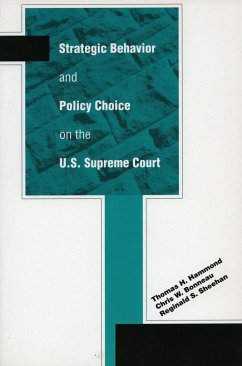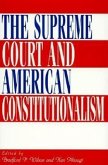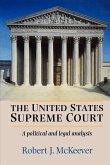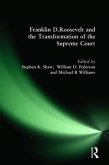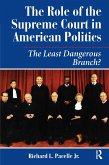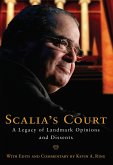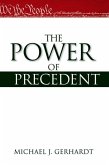"This book is a worthy step forward in the analysis of the justices' behavior and should stimulate focused empirical analysis and applications of modeling to other collegial courts."--Perspectives on Political Science "The authors take a model that has been bandied about in the literature but which has not been seriously thought through and consistently employ it across the decision-making process of the Supreme Court to test the logic of 'strategic' and 'sincere' voting on the Court. I believe that this book will become the first choice of judicial scholars who want to develop an understanding of game theoretical models as they apply to the Supreme Court and for those who want to introduce their students to the models without the mathematical baggage that generally accompanies game theory."--Roy Flemming, Texas A & M University
